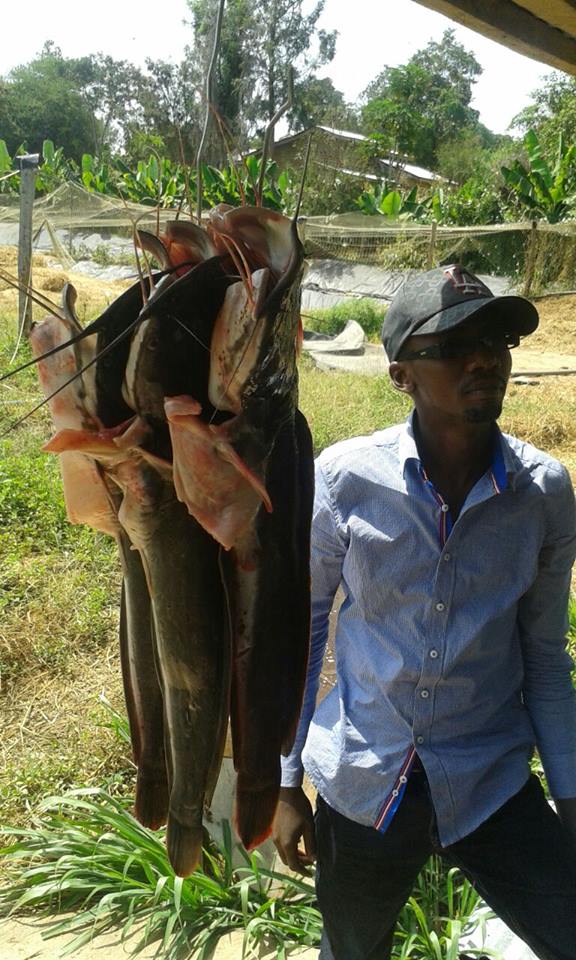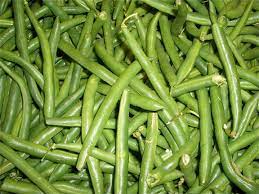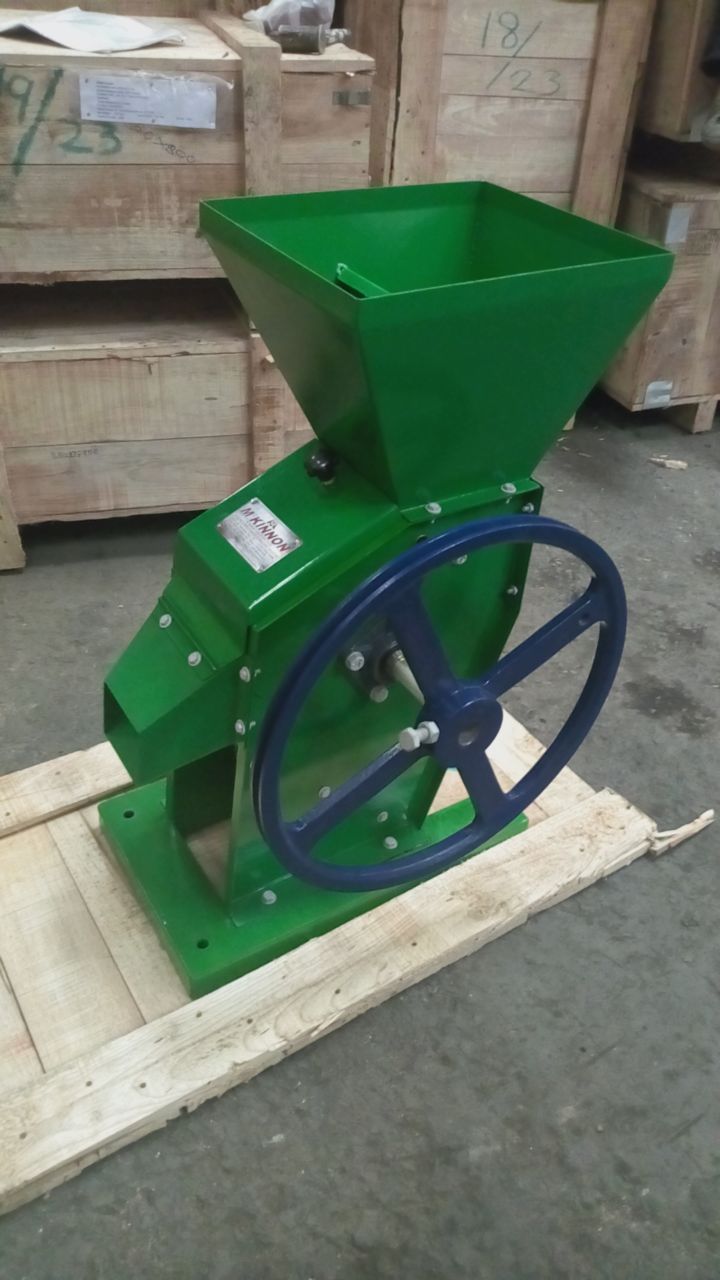
As tired soils and failed rains take a toll on farms with traditional crops like maize and beans recording unprecedented low yields, farmers are turning to fish farming as a way of boosting income, a venture that is now paying off.
John Kabiru one of the farmers who have relied on maize and beans for the last three decades decided to take a loan worth Sh300,000 from a Sacco which he invested in fish pond. Since then, he has never looked back despite the challenges of the effects of climate change.
In a year, he said he makes an average of Sh200,000 from the sale of the mature fish against the Sh35,000 he used to make from the maize and beans. "I still grow maize and beans in my two acre piece of land and sell the surplus to supplement my earnings. But my venture into commercial fish farming was the best decision I ever made," Kabiru said.
Kenya is among the countries in the world in which farmers are feeling the effects of climate change. Erratic rainfall patterns coupled with unprecedented long droughts are the manifestations of the variations in the climate taking away favorable environment for higher yields. Soil fertility is also declining in many farms across the country resulting to dwindled harvests.
RELATED CONTENT: Farmers bet on the cold temperature of Aberdare Forest to rear trout fish
The ministry of agriculture is engaged in extensive sensitization drives enlightening farmers on the type of fertilizer to use to avoid advancing the effects of increased acidity or lowered alkalinity on crop farming. While all these account to the overall crop, livestock and fisheries performance in the East African country, farmers are advised to shift from conventional monocropping to mixed farming.
This is intended to reduce risks attached to the total failure of the single crop, death of livestock or fish causing extreme hunger in the households. Kabiru is among the many farmers in Kenya who are taking seriously the advice of the agricultural officers. With unpredictable weather patterns, he said, a farmer cannot take chances in one crop farming activity.
"In 2011, there was a heavy downpour which flooded my pond and killed all the stocked 1,000 tilapia fingerlings. If I had put all my hopes in the fish, I do not know how I could have paid school fees for my children," he said. In 2000, the ministry of agriculture, livestock and fisheries began a countrywide campaign of encouraging farmers to embrace commercial fish farming to boost household food security and agricultural earnings.
RELATED CONTENT: Laikipia farmer saving Sh3,000 monthly on fish feeds by keeping geese
Mary Mukaru, an officer with the ministry of fisheries based in Nakuru County, said farmers are increasingly diversifying into fish farming to expand their avenues of generating income. "Across the country, we have more and more farmers now setting up fish ponds. Commercial fish farming is a lucrative venture which can alleviate hunger and poverty in many households," she said.
Through various platforms including farmers' field days and agricultural exhibitions, the ministry officers train farmers on how to rear, harvest, process and market the fish. Mukaru said the demand for fish has overtime grown due to transformation of Kenyan's eating habits.
While this exerts pressure on the marine sources of fish as fishermen overharvest to meet the overstretched demand, encouraging farmers to construct fish ponds is seen as a means of addressing the overdependence nature.
RELATED CONTENT: Nyeri farmers adopt cage fish farming from fellows living at the shores of Lake Victoria
In the Kenya, fishing activities are mainly done at the Indian Ocean, Lake Victoria, Lake Baringo, Lake Turkana and Lake Naivasha.
While growing some crops may not be possible in the dry areas without adequate water, Mukaru said fish farming can be done with liner ponds which minimize loss of water through evaporation. "Instead of farmers completely losing their livelihood when the crops fail and livestock die due to drought, it is important that they expand to fish farming which can do well in even dry areas," she said.
In a country where 46 percent of the youth population is unemployed, commercial fish farming provides them with a productive opportunity for self-employment as argued by the fisheries officer. "We are working towards changing the attitude of the youth towards agriculture because fish farming is one of the sub-sectors that they can adequately explore and earn a good living," she said.
RELATED CONTENT: Fish project turns Western farmers into full time entrepreneurs
The government of Kenya has already instituted state funds accessible to youths to start up income generating projects. They can form groups and apply for Uwezo Fund or the Youth Enterprise Fund to necessitate their plans of expanding their business ventures.
Write comment (0 Comments)

















